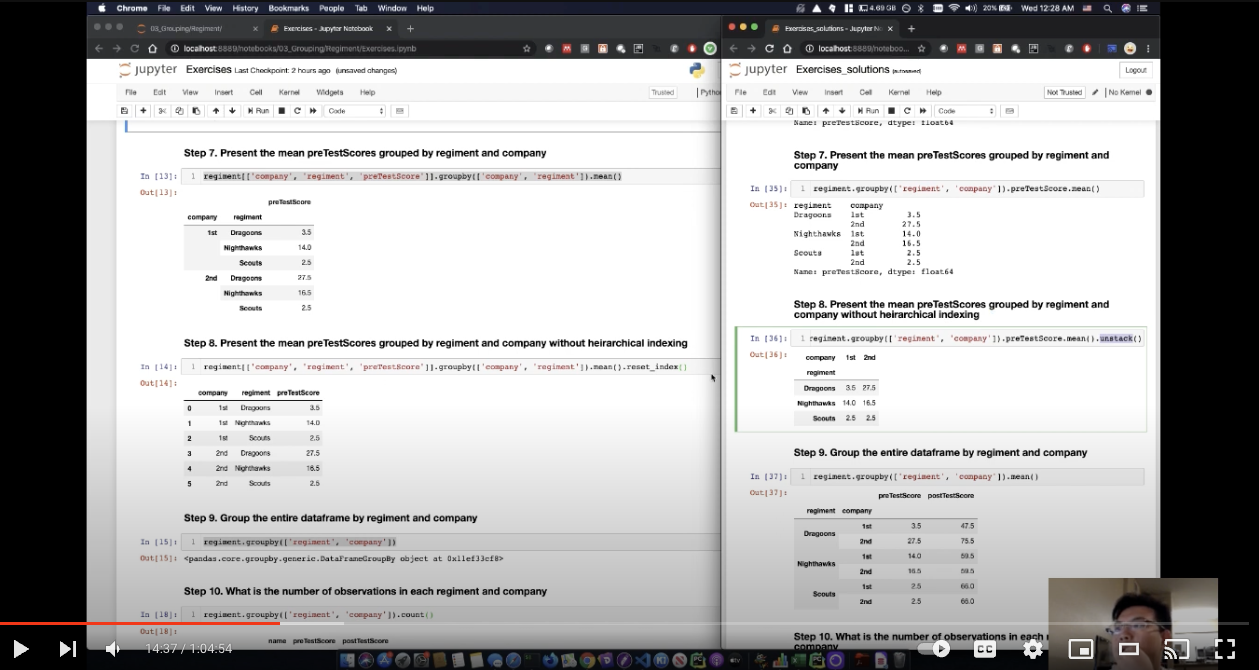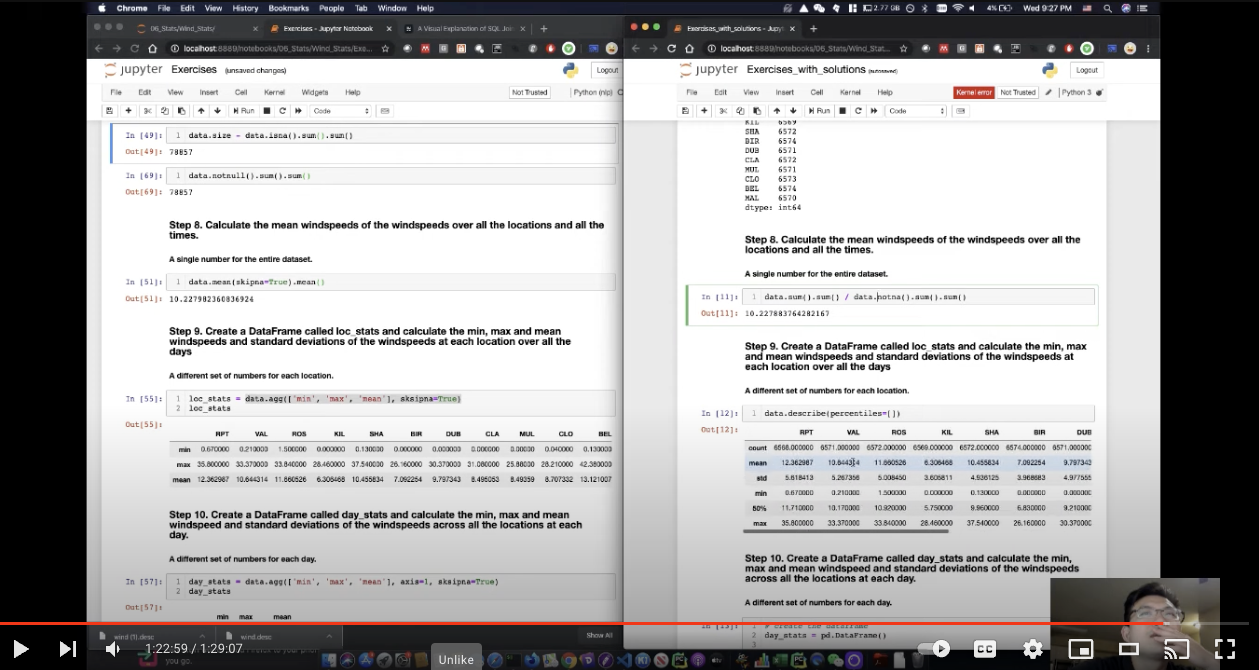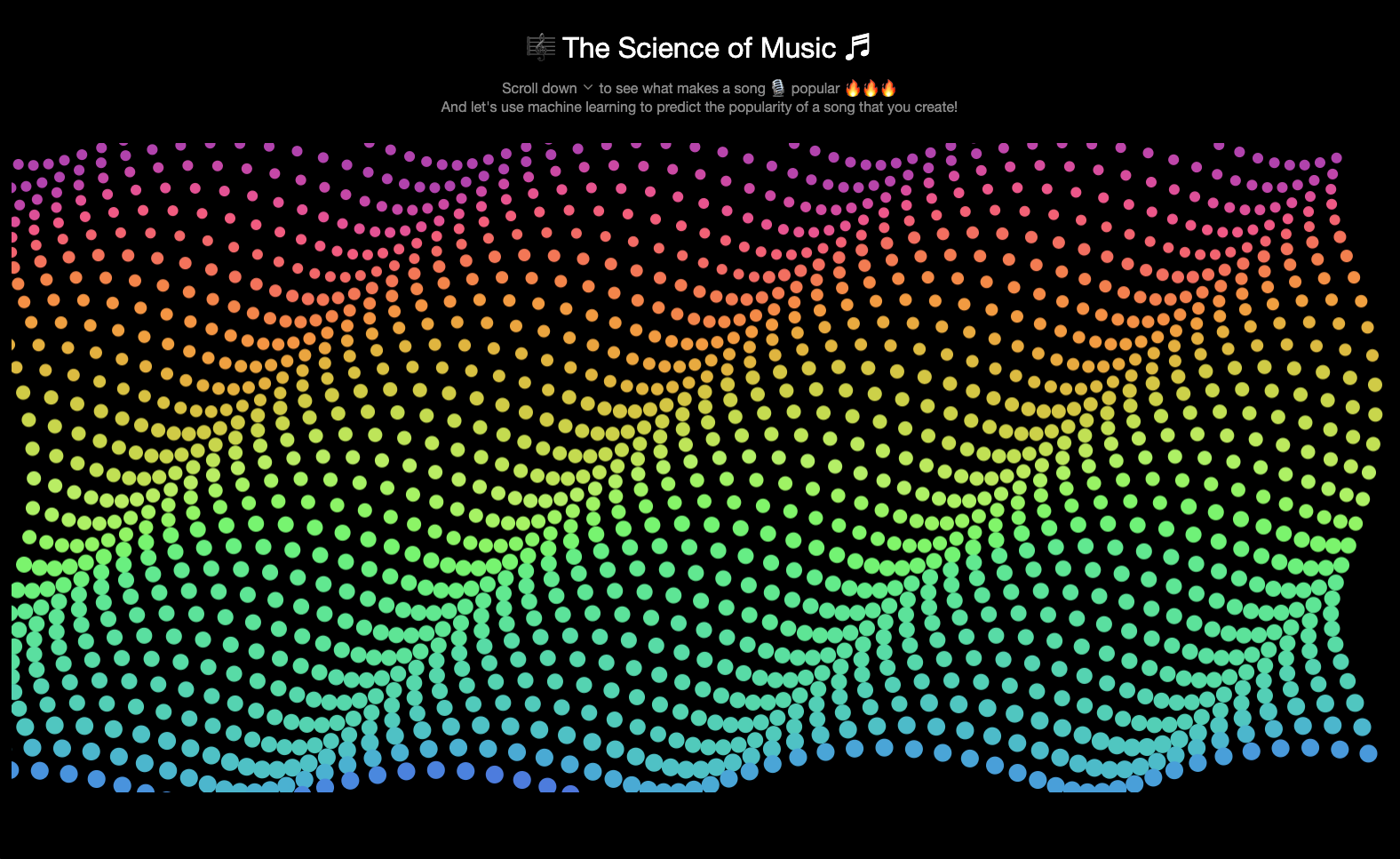I’m the solo developer of the ManUp Android App that supports the Self-management of diabetes in black men: The flint manup intervention study.
Abstract
The story of John Henry, the “steel-drivin’ man”, is well known to Black men in the United States. To most Black men, John Henry is a hero because he demonstrated tremendous strength and self-determination. The story of John Henry gave birth to the concept of John Henryism, which is defined as high-effort active coping in the face of adversity. The MANUP diabetes program used the story of John Henry and John Henryism as the basis of a diabetes intervention for Black men. MANUP conducted four community-based focus groups to identify topics of concern to Black men with type 2 diabetes (T2D). Interestingly, the men reported that high-effort active coping was crucial for successful diabetes self-management. Next, the MANUP team developed and implemented a longitudinal culturally targeted self-management program for 33 Black men with T2D in Flint, Michigan. MANUP included discussion groups, physical activity, and an app incorporating text-messaging, group-chat, and a blood glucose monitoring dashboard to improve glycemic control (A1c). This single-group, repeated measures intervention assessed A1c three times over a six-month period. Average age was 61 years; 35% of participants were high school graduates and over half reported a yearly household income of less than $30,000. One-third of participants (31%) were retired. Improvements in A1c were observed at: baseline – time 2: 8.9% vs 8.6%, p=0.14; time 2 – time 3: 8.6% vs 8.1%, p=0.21; and baseline – time 3: 8.9% vs 8.1%, p=0.005. After controlling for age and insulin use, the significant reduction in A1c over 6 months remained (p=0.01). These findings demonstrate that combining mobile health technology and moderate physical activity with culturally targeted discussion topics can improve T2D self-management and reduce A1c in Black men. More community-driven longitudinal intervention studies that improve diabetes self-management among Black men are needed to achieve gender and racial health equity.
Authors
Harold Neighbors, PhD1, Dana Carthron, PhD2, Wayne McCullough, PhD3, Samir Chatterjee, PhD4, Zhengming Song, MS4, Kent Key, PhD, MPH3, Mark Harris, BA5, Janay Johnson, BA6, Kayla Morse, BA2, Kelsey Lemke, BA7, David Gordon, MD8 and Gretchen Piatt, PhD9 (1)Michigan State University College of Human Medicine, Aldie, VA, (2)Michigan State University College of Human Medicine, FLINT, MI, (3)Michigan State University College of Human Medicine, Flint, MI, (4)Claremont Graduate University, Claremont, CA, (5)Ann Arbor, MI, (6)George Washington University, Washington, DC, (7)University of Michigan, Flint, Flint, MI, (8)University of Michigan, Ann Arbor, MI, (9)University of Michigan School of Medicine, Ann Arbor, MI
APHA’s 2020 VIRTUAL Annual Meeting and Expo (Oct. 24 - 28)



